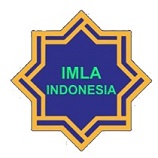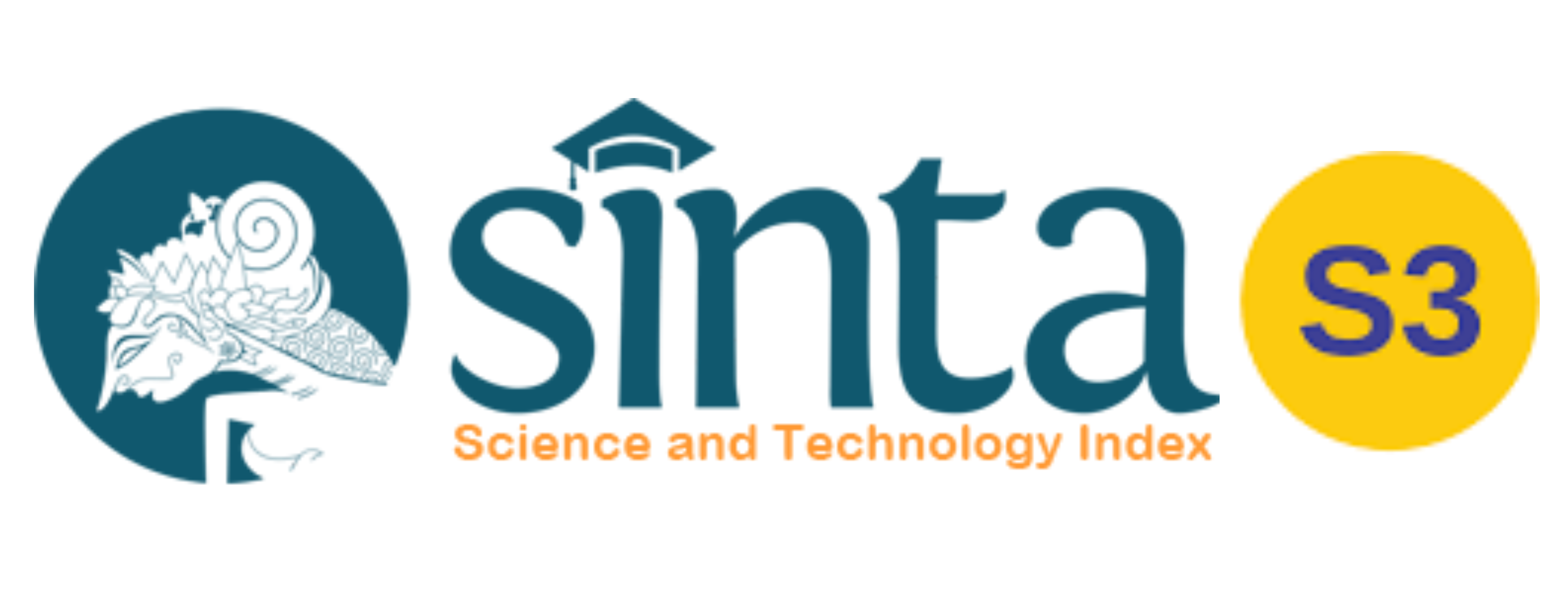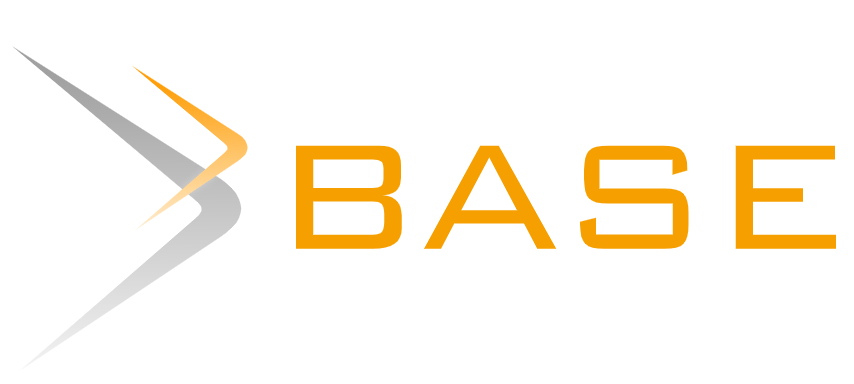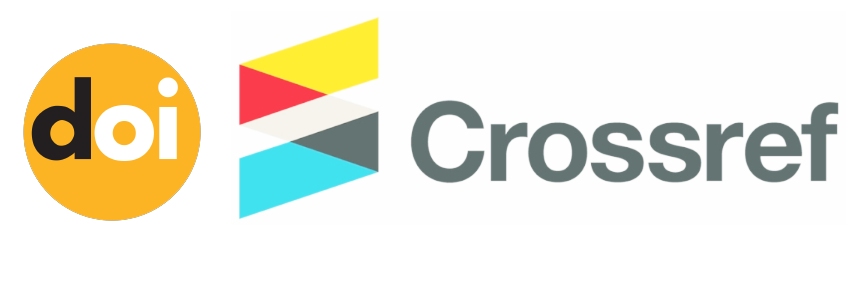COMMENT WAR IN TURKEY ELECTIONS 2023: A POLITICAL NETNOGRAPHY ANALYSIS
Abstract
Social media platforms have recently emerged essential to electoral politics and democratic processes worldwide. The uninhibited flow of ideas and opinions between fans can frequently be seen in the comment areas of social media platforms. This article analyzes the Instagram Middle East Eye (MEE) comment war, emphasizing the 2023 Turkish elections. We use political netnography to evaluate one of David Hearst's thoughts on Instagram MEE. We categorize comments based on Recep Tayyip Erdoğan and Kemal Kılıçdaroğlu. We discovered that public opinion is divided into two camps: secularists and Islamists. Groups advocating secularism use arguments about the Turkish economy's collapse and the freedom of the media in Turkey during Erdogan's rule. On the other side, Islamists argue that only Erdogan has the guts to speak out boldly in support of freedom for the Islamic community that is currently at odds. According to them, Turkey protects Muslims all around the world. They also claimed that the West and Europe interfered in Turkey's elections in order to weaken Islam. They stated that the intervention was taking place. The research is critical because the election in Turkey in 2023 is one of the most important elections that will change the map of Islamic power against the West.
Keywords
Full Text:
PDFReferences
Arsyad, R., & Nadjib, M. (2011). Kebebasan Berpendapat pada Media Jejaring Sosial. KAREBA: Jurnal Ilmu Komunikasi, 77–83. https://doi.org/10.31947/kjik.v1i1.371.
Demirci, K. (2016). Modern Seçim Kampanyalarının Türkiye’deki Seyrine Dair Bir Eleştiri ve Dönemleştirme Denemesi. Ankara Üniversitesi SBF Dergisi, 71(3), 889-918. https://doi.org/10.1501/SBFder_0000002415
Engesser, S., Ernst, N., Esser, F., & Büchel, F. (2017). Populism and social media: How politicians spread a fragmented ideology. Information, communication & society, 20(8), 1109–1126. https://doi.org/10.1080/1369118X.2016.1207697.
Erdoğan, R. T. (n.d.). Recep Tayyip Erdogan. https://www.jstor.org/stable/26328584.
Fajrian, M., & Kurniawan, K. (2021). Comparison of Presidential Elections in the Site of the Republic of Indonesia and the Republic of Türkiye. Student Scientific Journal of State Law, 5(1), 18–25. https://jim.usk.ac.id/kenegaraan/article/view/18694/8597.
Hermawan, D., & Gassing, S. S. (2023). Pengaruh komentar netizen terhadap citra diri dan reputasi sosial media pada akun instagram nathalie. IKRA-ITH HUMANIORA: Jurnal Sosial Dan Humaniora, 7(3), 242–250. https://doi.org/10.37817/ikraith-humaniora.v7i3.
Humaeni, A. (2016). PERANAN MUSTAFA KEMAL ATTATURK DALAM PERALIHAN SISTEM PEMERINTAHAN NEGARA TURKI TAHUN 1924 M DAN IMPLIKASINYA TERHADAP EKSISTENSI NEGARA TURKI. http://repository.syekhnurjati.ac.id/id/eprint/2236.
Kuru, A., & Stepan, A. (2012). Democracy, Islam, & Secularism in Turkey. Columbia University Press.
Lengauer, G., Donges, P., & Plasser, F. (2014). Media power in politics. Political Communication Cultures in Europe: Attitudes of Political Actors and Journalists in Nine Countries, 171–195. https://doi.org/10.1057/9781137314284_9.
Malik, M.K. (2017). Portrait of Islamic Caliphate Dynamics of Islamic Leadership Post al-Khulafâ al-Râsyidûn to Ottoman Turkey. TAXAFAH, 13(1), 135–156. https://ejournal.unida.gontor.ac.id/index.php/tsaqafah/article/view/980.
Nasution, L. (2020). The Right to Freedom of Opinion and Expression in Public Spaces in the Digital Age. Is, 4(3), 37–48. https://doi.org/10.15408/adalah.v4i3.16200.
Novyanti, H., & Astuti, P. (2021). Law on the Abuse of the Deepfake Application in View from the Criminal Law. NOVUM: Journal of Law, 31–40. https://doi.org/10.2674/novum.v0i0.43571.
Nugroho, R. M., & Safa'at, M. A. (2022). Comparison of Threshold Provisions for Presidential Candidacy in Indonesia and Turkey. 24–31. https://doi.org/10.2991/978-2-494069-65-7_4.
Sodiqin, A., & Radiamoda, A. M. (2021). Dynamics of the Islamic Constitution: From the Caliphate Period to the Nation-State. Journal of Islamic Law (JIL), 2(2), Article 2. https://doi.org/10.24260/jil.v2i2.241.
Sujibto, B. J. (2021). Kitab Hitam Turki. IRCISOD.
Tepekaya, M. (2013). Yusuf Rıza Bey and his Election Declaration in the 1912 Ottoman Parliament Deputies Elections. Journal of Contemporary Turkish History Studies, 13(27), Article 27. https://dergipark.org.tr/en/pub/cttad/issue/25624/270459#article_cite.
"Turkey's Davutoglu expected to be a docile Prime Minister with Erdogan calling the shots"(http://www.foxnews.com/ world/2014/08/21/turkey-davutoglu-expected-to-be-docile-prime-minister-with-erdogan-calling. /F) ox News. Associated Press. 21 August 2014. Retrieved 27 November 2014.
Vatandas, A. (2015). Hungry for Power: Erdogan’s Witch Hunt and Abuse of State Power. Blue Dome Press.
Villegas, D. (2020). Political netnography: A method for studying power and ideology in social media. In Netnography Unlimited (pp. 100–115). Routledge.
DOI: https://doi.org/10.20961/cmes.17.1.80997
Refbacks
- There are currently no refbacks.
Copyright (c) 2024 Center of Middle Eastern Studies (CMES)

This work is licensed under a Creative Commons Attribution-ShareAlike 4.0 International License.
| Copyright of CMES ISSN 2085-563X (print) and ISSN 2502-1044 (online) CMES Journal is licensed under a Creative Commons Attribution-ShareAlike 4.0 International License. | CMES (Center of Middle Eastern Studies) Print ISSN: 2085-563X Online ISSN: 2502-1044 Website: https://jurnal.uns.ac.id/cmes/index Email: cmes@mail.uns.ac.id Published by: Arabic Literature Department, Faculty of Cultural Science, Universitas Sebelas Maret Ir. Sutami Street, No. 36A, Surakarta, Jawa Tengah 57126 Phone: +62 822-4000-2313 |















